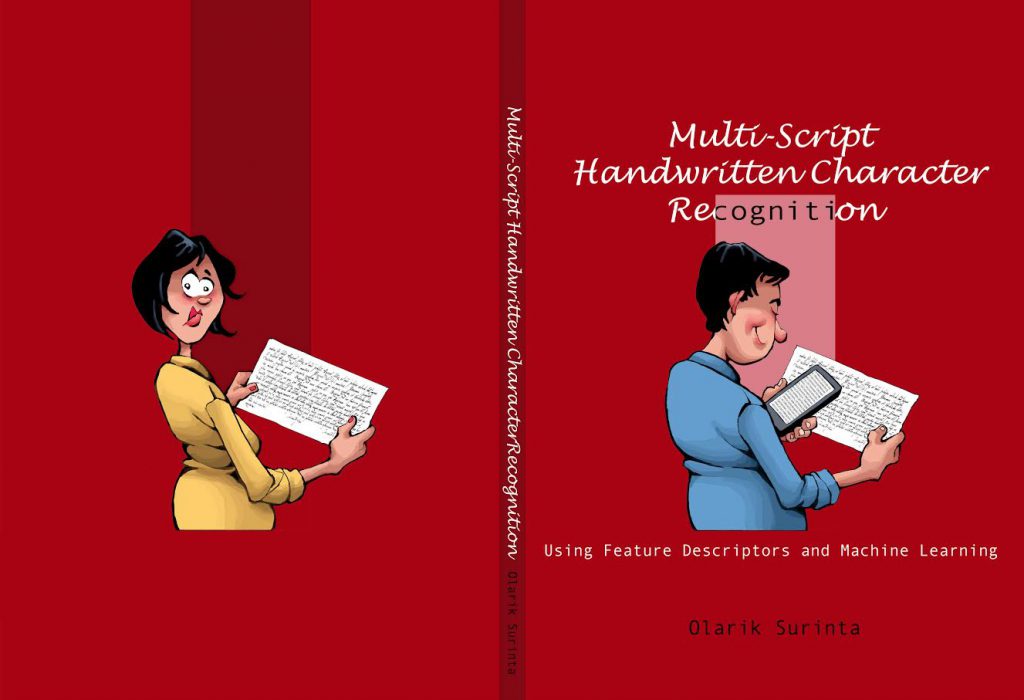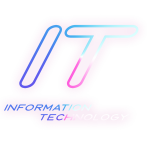OLARIK SURINTA, Ph.D.
Multi-agent Intelligent Simulation Laboratory (MISL) Research Unit, Department of Information Technology, Faculty of Informatics, Mahasarakham University, THAILAND
Email: olarik.s@msu.ac.th
CV: download
Profile: Scopus, Google scholar, loop, SciProfiles, ResearchGate
 https://orcid.org/0000-0002-0644-1435
https://orcid.org/0000-0002-0644-1435
Olarik Surinta grew up in Chiang Mai, Thailand, and received his BBA from Rajamangala Institute of Technology and his MSc from King Mongkut’s Institute of Technology North Bangkok, Thailand.He began his career in 2004 as a lecturer in the Department of Information Technology, Faculty of Informatics at Mahasarakham University, Thailand. In 2010, he was promoted to Assistant Professor. In 2016, he received his Ph.D. from the University of Groningen, The Netherlands, where he conducted research at the Institute of Artificial Intelligence and Cognitive Engineering (ALICE) under the supervision of Prof. Dr. Lambert Schomaker and Asst. Prof. Dr. Marco Wiering. In March 2023, he was promoted to Associate Professor.
Editorial Roles:
- IEEE Access
- Computer Animation and Virtual Worlds
- SN Computer Science
- Frontiers in Neurorobotics
- Frontiers in Artificial Intelligence
- ICIC Express Letters, Part B: Applications
PhD, 2016, Artificial Intelligence and Cognitive Engineering, University of Groningen, The Netherlands
MSc, 2003, Information Technology, King Mongkut’s Institute of Technology North Bangkok, Thailand
BBA, 1999, Information Systems, Rajamangala Institute of Technology, Thailand
- Deep learning
- Artificial intelligence
- Machine learning
- Computer vision & Image processing
- Image Captioning
- Handwritten recognition
- Document layout analysis
- Handwritten word/character recognition
- Word spotting
Dissertation: Multi-Script Handwritten Character Recognition using Feature Descriptors and Machine Learning
Promotor: Prof.dr. Lambert R.B. Schomaker
Supervisor: Asst.prof.dr. Marco A. Wiering
There exists no generic method for recognizing handwritten scripts from different writing systems, cultures or historical periods. Asian scripts pose a number of interesting fundamental problems at the levels of image processing, text segmentation, feature extraction, shape classification and language modeling. Instead of spending human efforts at each of these level, the current challenge is to exploit machine learning methods. The main objective of the project is to automatically recognize handwritten Thai and to automatically convert documents written in Thai to text files.
 Cover designed by Pluis
Cover designed by Pluis
MULTI-AGENT INTELLIGENT SIMULATION LABORATORY (MISL) RESEARCH UNIT
Department of Information Technology, Faculty of Informatics, Mahasarakham University, Thailand
